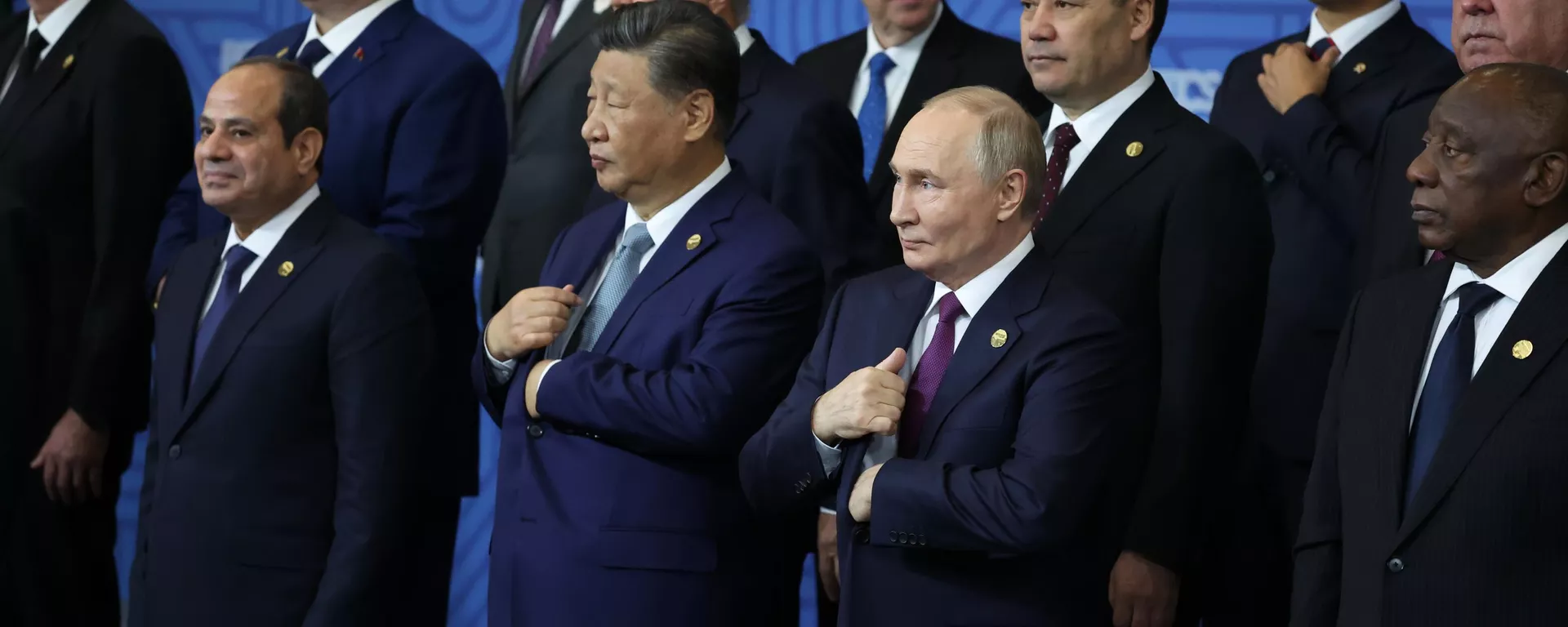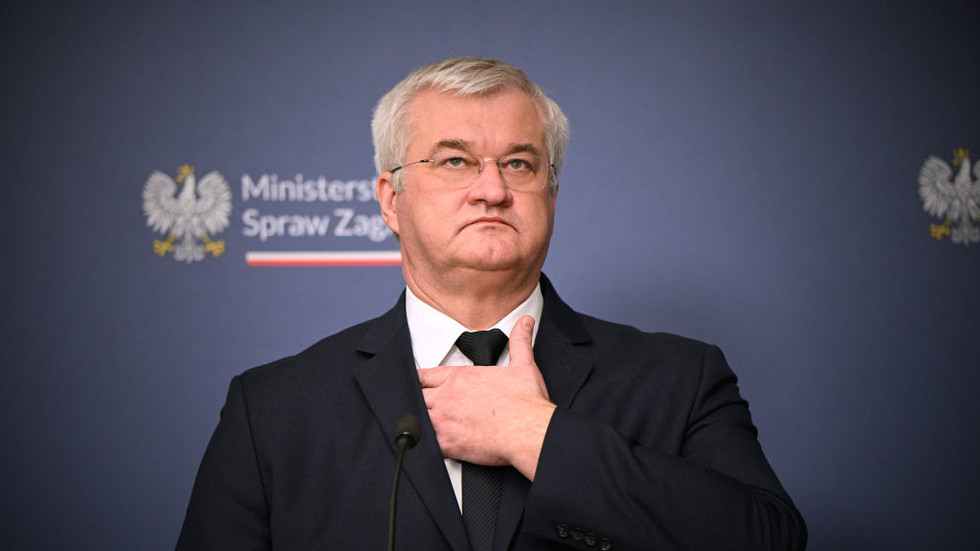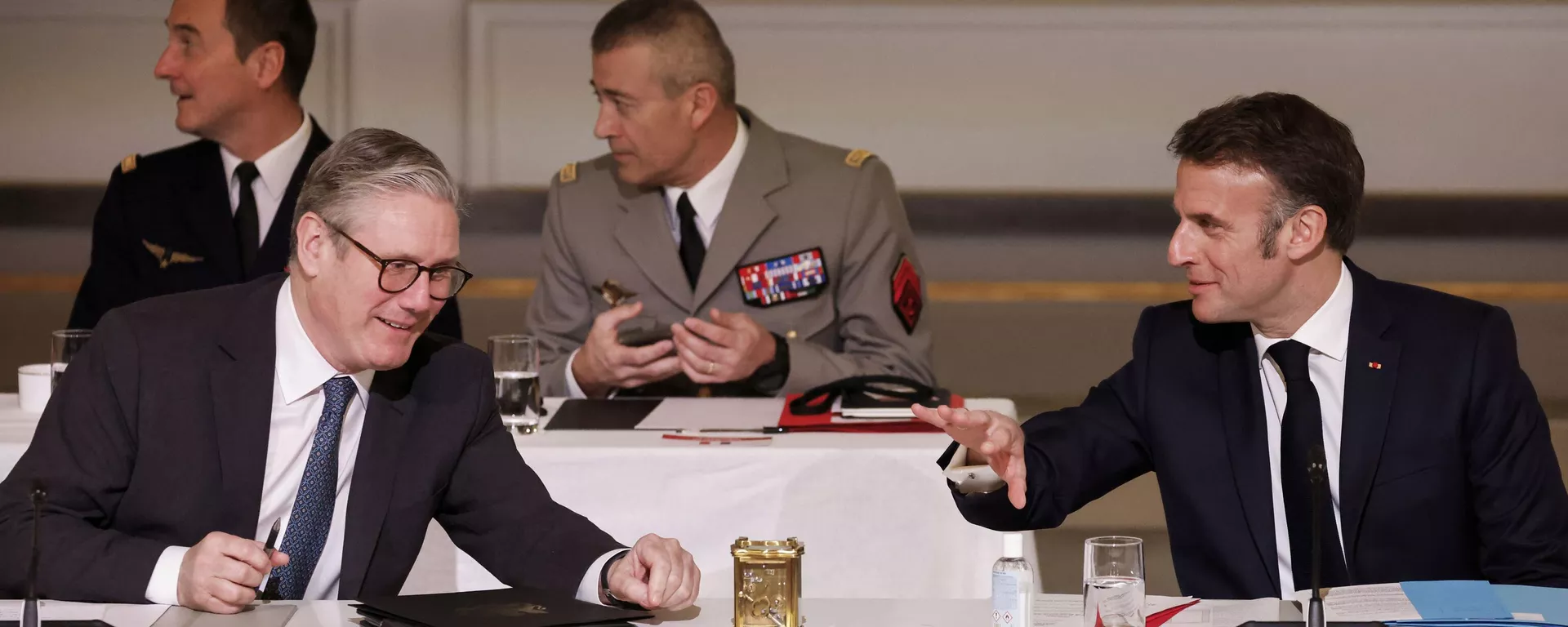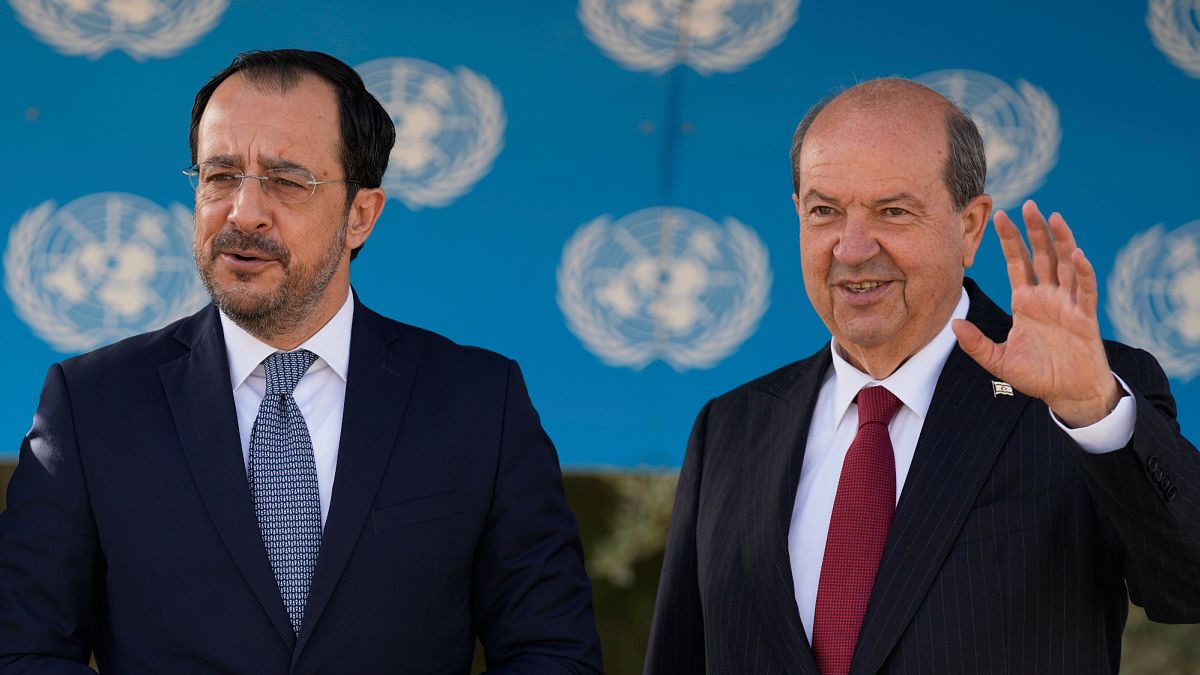Russian President Vladimir Putin was presented with a symbolic BRICS banknote at the group’s recent summit in Russia’s Kazan. Kremlin spokesman, Dmitry Peskov, called the note quasi-money because he stressed it epitomizes BRICS member states’ mutual cooperation.
Here's what we know about this unique banknote.
The front side of the bill features the national flags and the most recognizable symbols of Brazil, Russia, India, China and South Africa, while its back displays the flags and names of new members, Egypt, Ethiopia, Iran, and the UAE, as well as the group’s potential partners. All the drawings are handmade.
The printing was initiated by Yevgeny Fyodorov, the founder and owner of the Kirzhach Typography JSC. The bill was a gift to the BRICS meeting as a sign of "heartfelt support" for the course of global cooperation and multipolarity, as advocated by BRICS members.
Arrangement of the flags in a circle on the front side of the banknote symbolizes the idea of equality among BRICS member states, Fyodorov said, dubbing the note a working sketch, and a symbol of an emerging multipolar world. "It’s common knowledge that many big deals began with symbols and little things," he noted.
Fyodorov emphasized that like typical Russian banknotes, the BRICS bill is reliably protected from counterfeit.
He also praised Yury Yermakov, the author of the note’s design, who earlier "took part in the development of more than 10 currencies for various countries." In the 1980s, the artist worked on a portrait of ex-President of Iraq Saddam Hussein for the Iraqi dinars, separately creating a portrait of Vietnam’s former head of state Ho Chi Minh for the Vietnamese dongs.
President Putin previously pointed out that the issue of creating a single BRICS currency is not on the table, stressing the importance of treading carefully on the matter.

 5 months ago
50
5 months ago
50







 We deliver critical software at unparalleled value and speed to help your business thrive
We deliver critical software at unparalleled value and speed to help your business thrive






 English (US) ·
English (US) ·